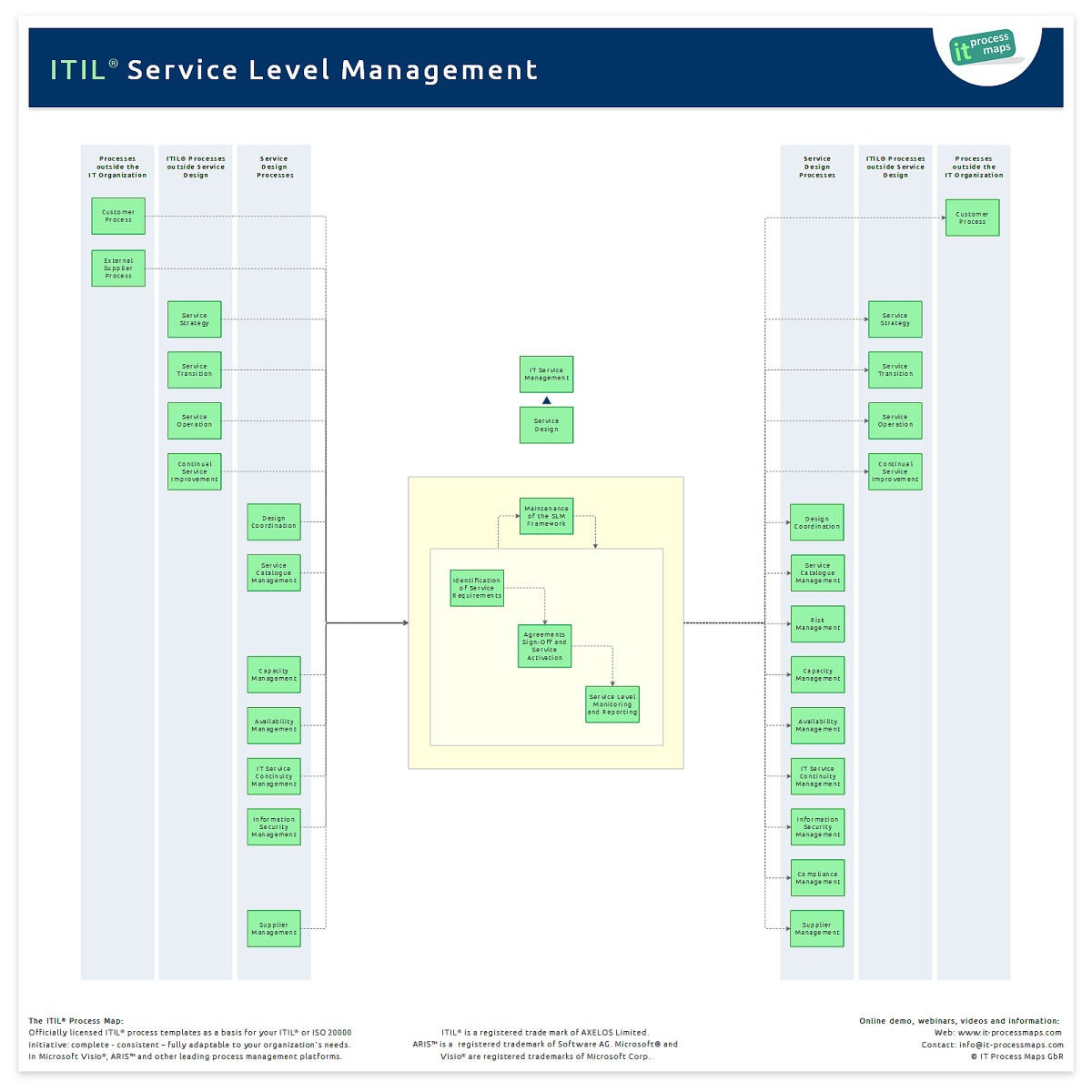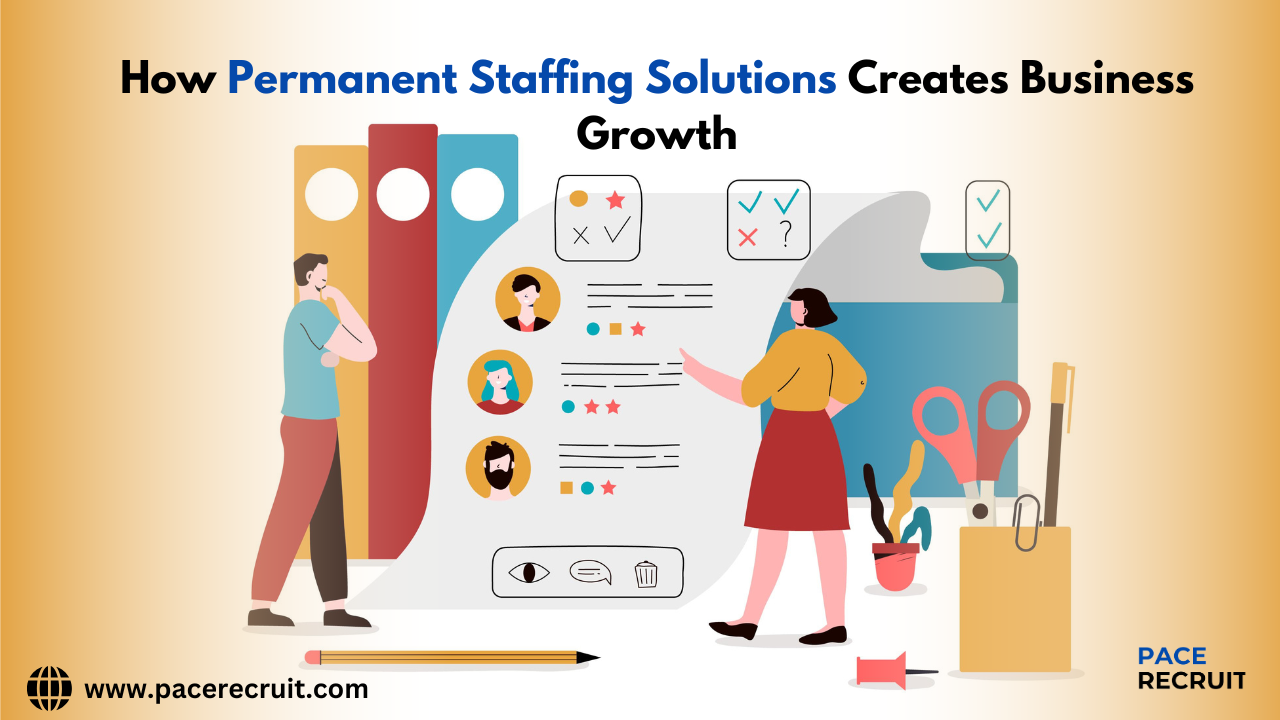
Within business, regulative compliance is not simply a legal responsibility however a foundation for success and sustainability. With the increasing intricacies of legal structures and international standards, numerous organizations are turning to outsourced compliance as a strategic solution. This approach not just makes sure adherence to guidelines however also brings several benefits to an organisation.
What are the advantages of contracting out compliance?
Expertise as needed: Outsourcing compliance permits services to use a pool of specialists with deep knowledge of regulatory requirements. This competence is crucial in browsing the ever-changing landscape of guidelines and guidelines, which can be particularly challenging for services broadening worldwide. For business seeking to globalise, Carpenter Box's International Services offer tailored options that help in abiding by global standards.
Cost-effective management: By outsourcing, companies can reduce the expenses connected with keeping an in-house compliance team. This includes cost savings on training, salaries, and the technology required to monitor compliance. It's a practical solution for businesses to manage their financial resources more successfully while guaranteeing compliance.
Risk mitigation: Compliance professionals are adept at identifying and resolving prospective threats. Their proactive approach to compliance management helps prevent pricey legal battles and penalties, thus protecting the business's reputation and monetary health.
How can contracting out be utilized as a service strategy to benefit the organisation?
Outsourcing compliance responsibilities allows services to focus on their core activities. By handing over regulative tasks, business can concentrate on development and development, driving their company forward without the concern of compliance complexities.
As businesses grow, their compliance needs evolve. Outsourced compliance services are scalable, offering flexibility to get used to brand-new guidelines or modifications in service size. This versatility is essential for organizations seeking to expand or modify their market strategies.
What are the benefits of compliance with policies?
Abiding by policies shields organizations from legal consequences and significant fines. Compliance makes sure that businesses run within the law, therefore preventing costly legal problems that can emerge from non-compliance.
Additionally, clients and stakeholders are most likely to engage with a business that is understood for its ethical practices and adherence to policies. This trust is important in constructing a faithful consumer base and a strong market credibility. By meeting regulatory requirements, companies show their commitment to fair and ethical practices, setting them apart in the market.
What is the function of compliance with policies?
Ensuring reasonable organization practices: Regulations are developed to produce a level playing field in business world. Compliance ensures that businesses run fairly, promoting healthy competition and customer protection.
Protecting consumer rights: Regulatory compliance is essential to safeguarding consumers. By adhering to policies, businesses make sure the safety, personal privacy, and rights of their customers are supported.
Maintaining industry standards: Compliance helps in maintaining certain requirements within markets. This standardisation is essential for quality assurance, security, and ethical practices.

Supporting ethical business operations: At its core, compliance has to do with running ethically. It shows an organization's commitment to doing what is right, not just what is legally required.
For companies looking for to browse the complexities of compliance, comprehending these benefits and techniques is simply the start. Taking the next action includes finding the right partner to guide you through this journey. Feel complimentary to reach out and call us at Carpenter Box for expert assistance and customized services in compliance and worldwide service strategies.










